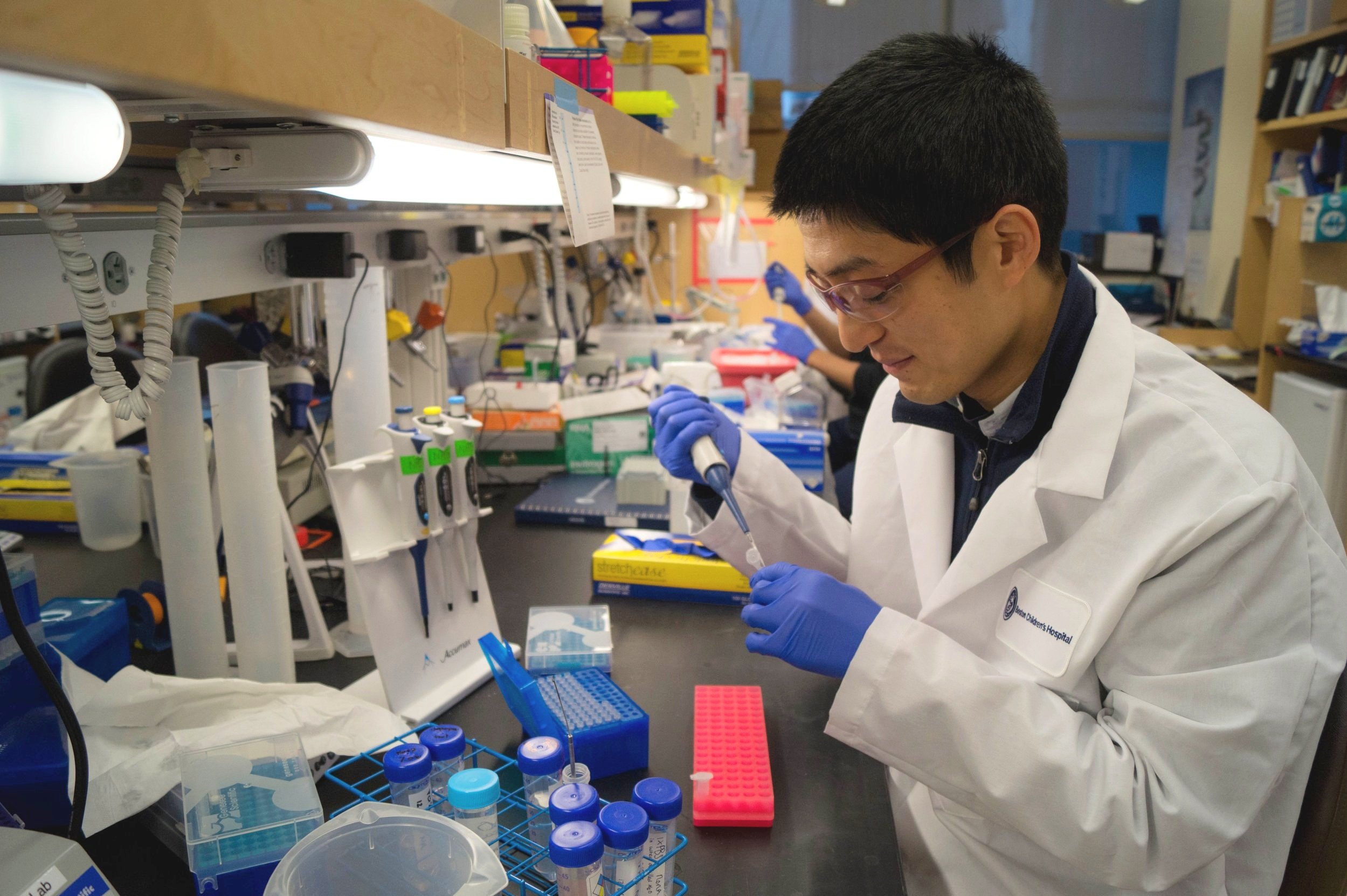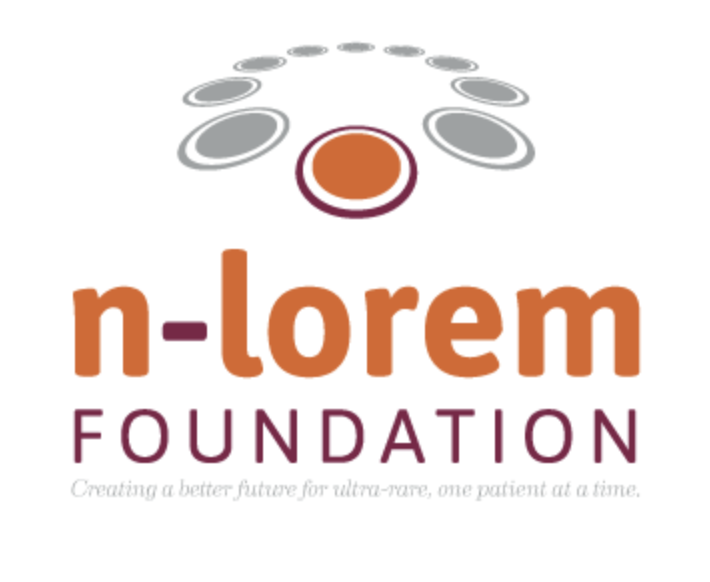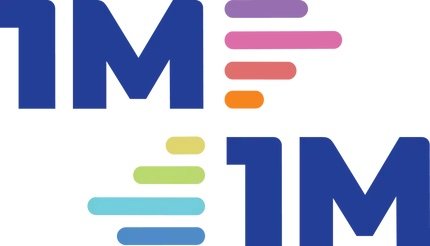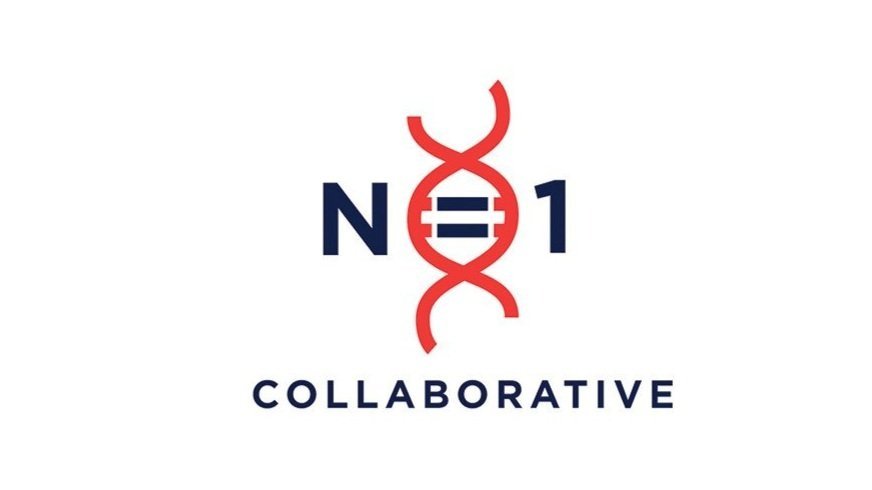Rare Disease Day 2023
By: Victoria Suslovitch, MS, CGC
Reflecting on the Past Five Years
Rare Disease Day aims to increase awareness of rare diagnoses, bolster fundraising and research efforts for treatments, celebrate the resilient communities formed through shared hardship, and inspire a better world for people with rare diseases and their families. Rare Disease Day 2023 marks just over five years since we embarked on the milasen trial at Boston Children’s Hospital. This first attempt to deploy a patient-customized genetic medicine for an individual patient has been just one of many advancements for the rare disease community and for the field of individualized medicines.
FDA Releases Guidance on individualized medicines
The United States Food and Drug Administration (FDA) provided formal guidance on the development of new drug products designed to individual genetic variants. This addresses considerations for individualized drugs distinct from traditional drug development efforts, and provides specific guidance for the development and regulatory approval of n=1 antisense oligonucleotides (ASOs).
This draft guidance, along with other statements from the FDA, have an open, responsible, collaborative tone that brings much optimism to the future of this field:
FDA in Brief
Published Dec. 7, 2021
“The FDA understands that we’ll need to work together with the developers of these drug products to bring them safely to patients, and we are willing to engage as needed to address the challenges. […] We also are optimistic that development of these individualized drug products may spur gene sequencing that leads to the development of additional individualized drug products for the same disease (though perhaps caused by a different mutation). For this approach to drug development, we need to determine – collectively – how to effectively bring these drug products to all who need them. If we have the scientific ability to develop drug products for these rare diseases, we need to find a way to bring them to patients while ensuring there is the right balance of risk to benefit.”
– Statement from Patrizia Cavazzoni, M.D., Deputy Center Director for Operations, Center for Drug Evaluation and Research, CDER FDA 2021
2. the Oligonucleotide Therapeutics society publishes N=1 THerapeutics briefing document
The Oligonucleotide Therapeutics Society (OTS) published a briefing document that summarizes the current knowledge regarding n=1 ASO development. This document provides a “Road Map for Rare Disease N-of-1+ Success” and a variety of practical, clinical, scientific, and logistical considerations.
3. Multiple organizations commit to advancing medicines for ultra-rare diseases
Organizations were founded with the mission of advancing individualized medicines and helping patients with rare diseases. These organizations included (but were not limited to), the n-Lorem Foundation, 1 Mutation 1 Medicine, and the N=1 Collaborative. These foundations are comprised of motivated clinicians, scientists, regulatory specialists, and families coming together towards a common cause.
4. A growing series of first-in-human ASo trials (N=1 and traditional trials)
Investigational ASOs were tested for safety and efficacy in single-patient and traditional clinical trial settings. These trials included patients with amyotrophic lateral sclerosis (ALS), Huntington disease (HD), KIF1A-associated neurological disorder (KAND), Angelman syndrome, ataxia-telangiectasia, epileptic encephalopathies, and some forms of genetic blindness, among many others. The successes and the failures in these trials will inform future efforts, and provide opportunities to learn more about rare disease pathologies and the ideal therapeutic strategies to target them.
5. Technical/logistical advances are helping make single-patient trials meaningful
Many technical, logistical, and other advancements have helped improve the efficiency and impact of single-patient trials. These advancements include standardized patient identification processes, novel computational tools to interpret genetic variants, manuals of procedures that detail the steps for running n=1 clinical trials, and creative yet rigorous clinical trials that improve accommodations for rare disease families. Many of these resources have been shared through the N=1 Collaborative to lower the barriers for new trials.
Being a part of the rare disease community brings about many emotions – heartbreak, confusion, frustration, and grief as well as connection, understanding, compassion, and hope. Reflecting on the challenges faced and the advancements made in the past five years also brings about curiosity: where might we be in five, ten, fifty more years?
We hope, and we intend, that these advancements will bring about a better world for children and families impacted by rare disease. We believe this will be done through supporting scientific innovation, leaning in towards the rare disease community, and sharing data and learnings responsibly, thoughtfully, and openly.
References
Rare Disease Day 2023: https://www.rarediseaseday.org/
Kim & Hu et al. Patient-Customized Oligonucleotide Therapy for a Rare Genetic Disease: https://www.nejm.org/doi/full/10.1056/nejmoa1813279
Oligonucleotide Therapeutics Society: https://www.oligotherapeutics.org/the-society/
N-of-1+ Briefing Document: https://www.oligotherapeutics.org/wp-content/uploads/2021/07/OTS-N-of-1-Briefing-Doc_17-November-2020-FN.pdf
n-Lorem Foundation: https://www.nlorem.org/
1 Mutation 1 Medicine: https://www.1mutation1medicine.eu/
N=1 Collaborative: https://www.n1collaborative.org/
Data sharing pledge: https://chng.it/xHn7jCpZn9





















